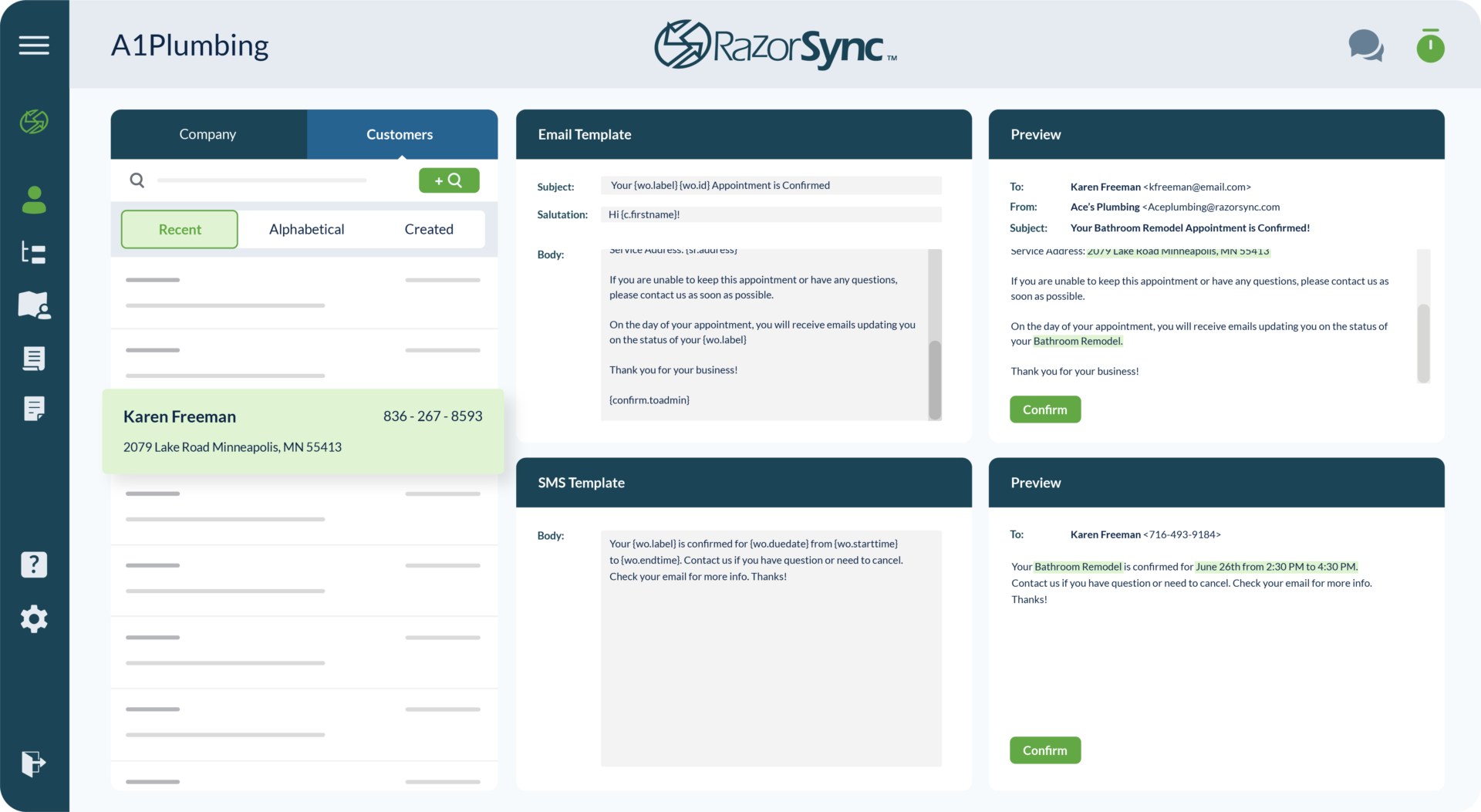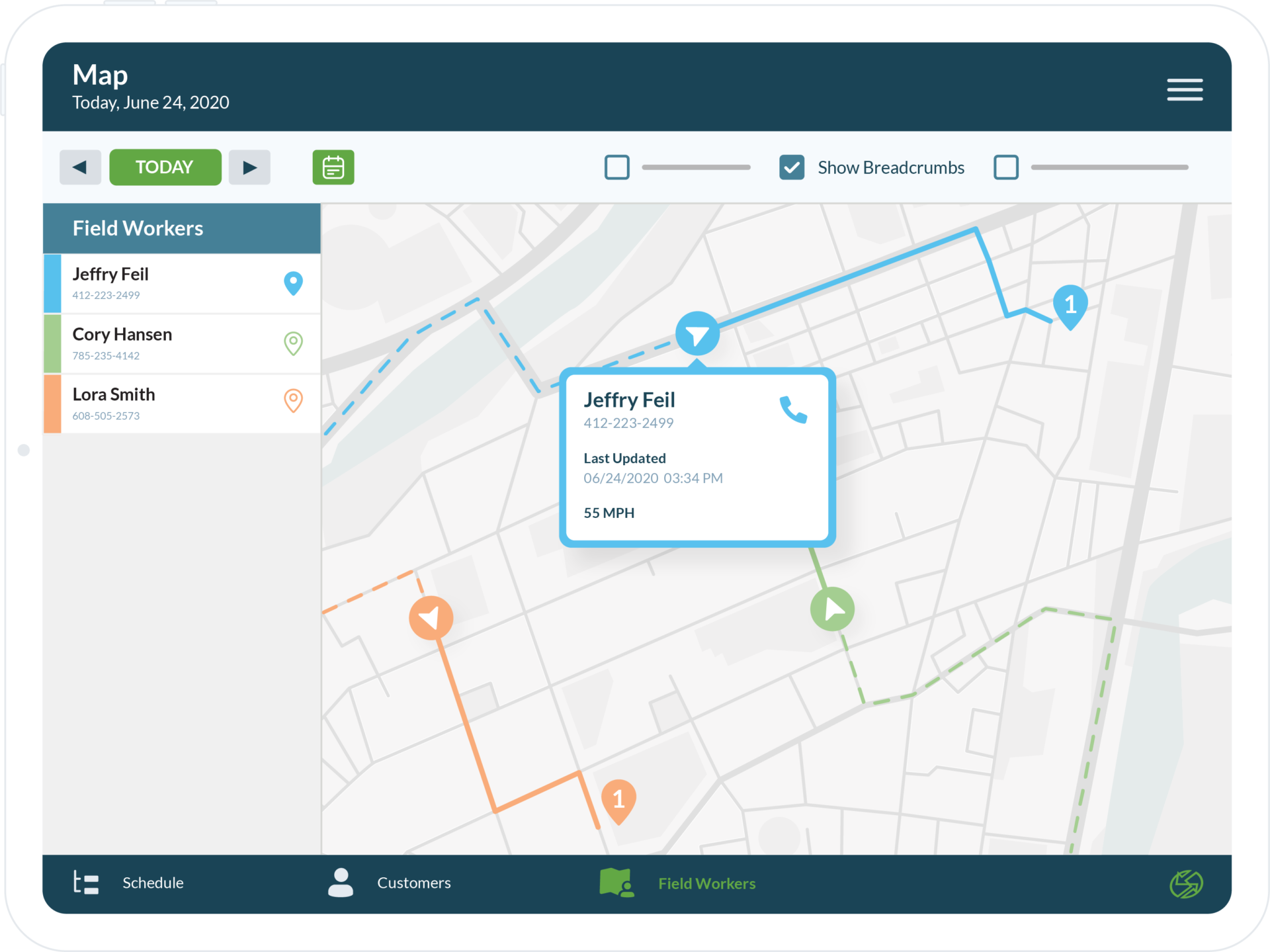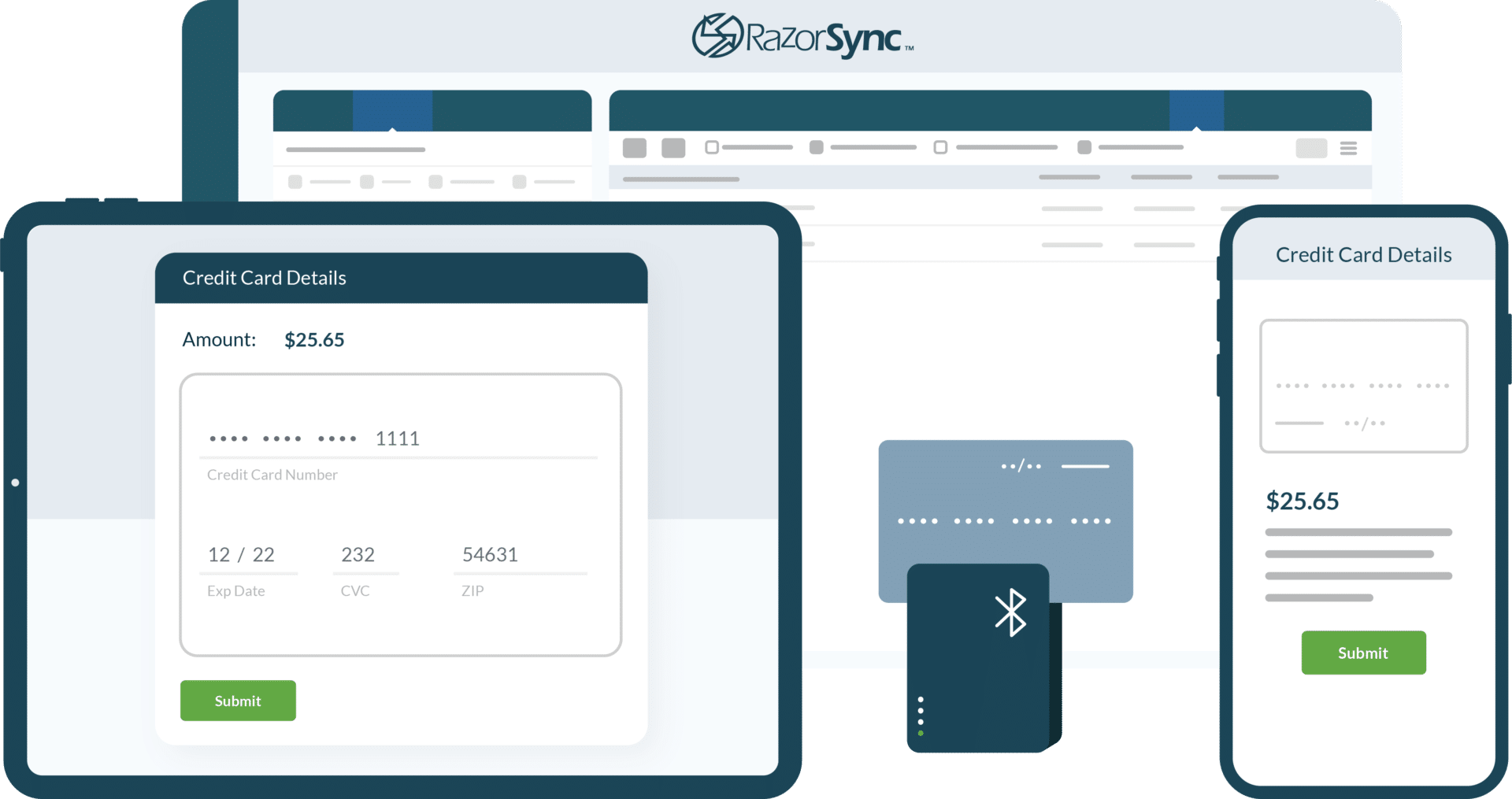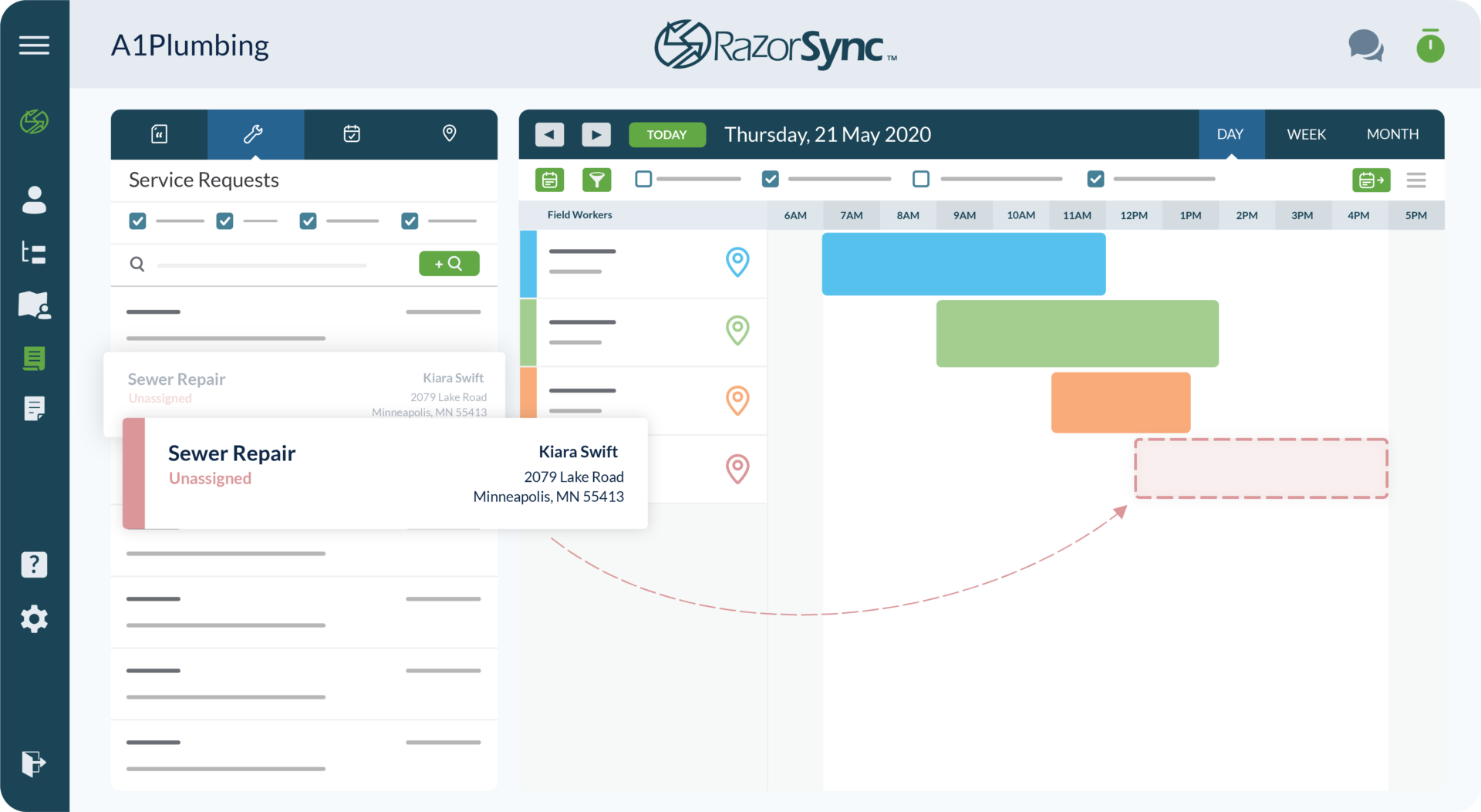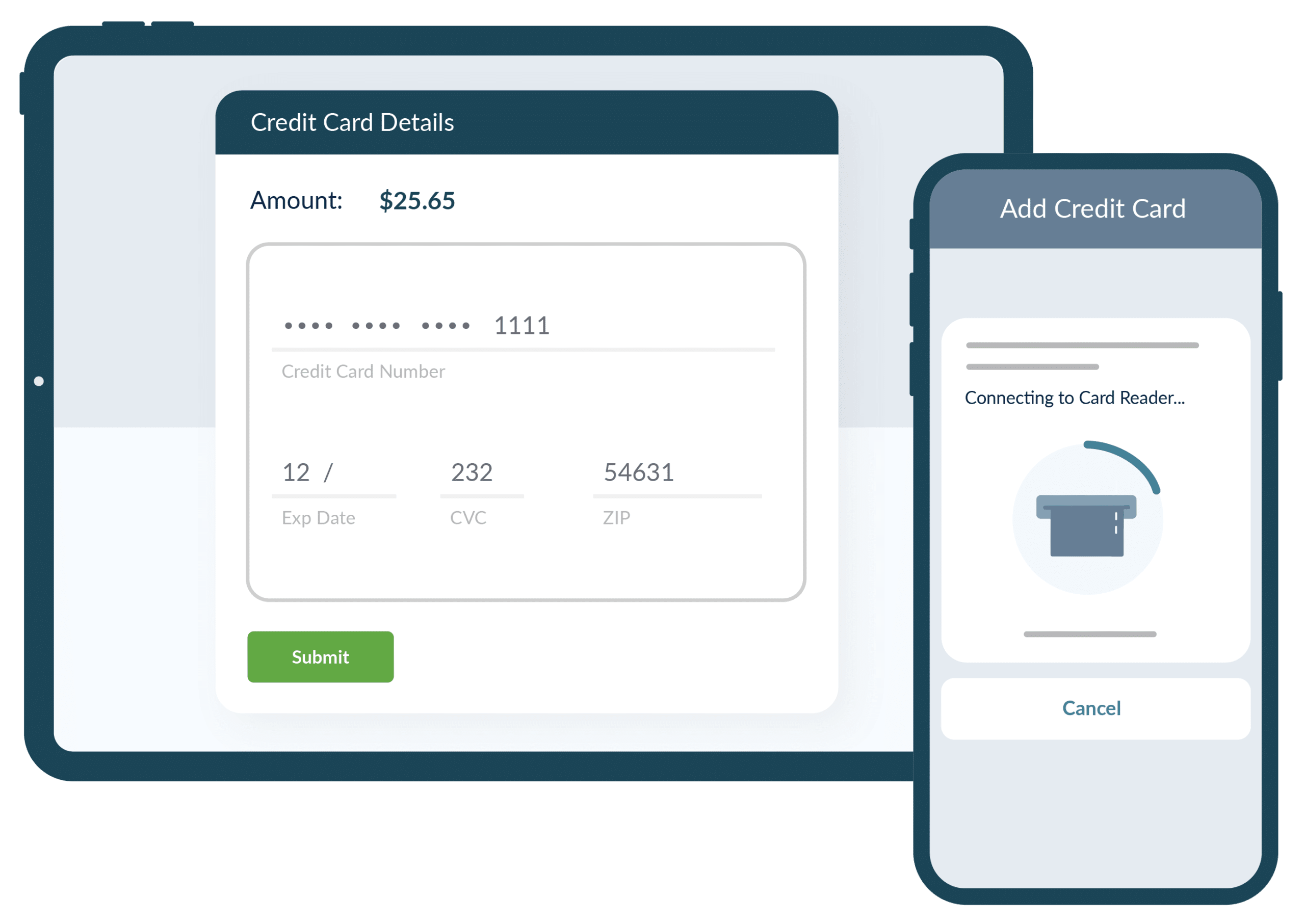The Ultimate Guide to Becoming An Electrical Contractor
Electrical contractors offer vital support across diverse industries, ranging from aiding municipal authorities in restoring power lines to contributing to the installation and development of...
Sep 18, 2023
# of Minutes to Read
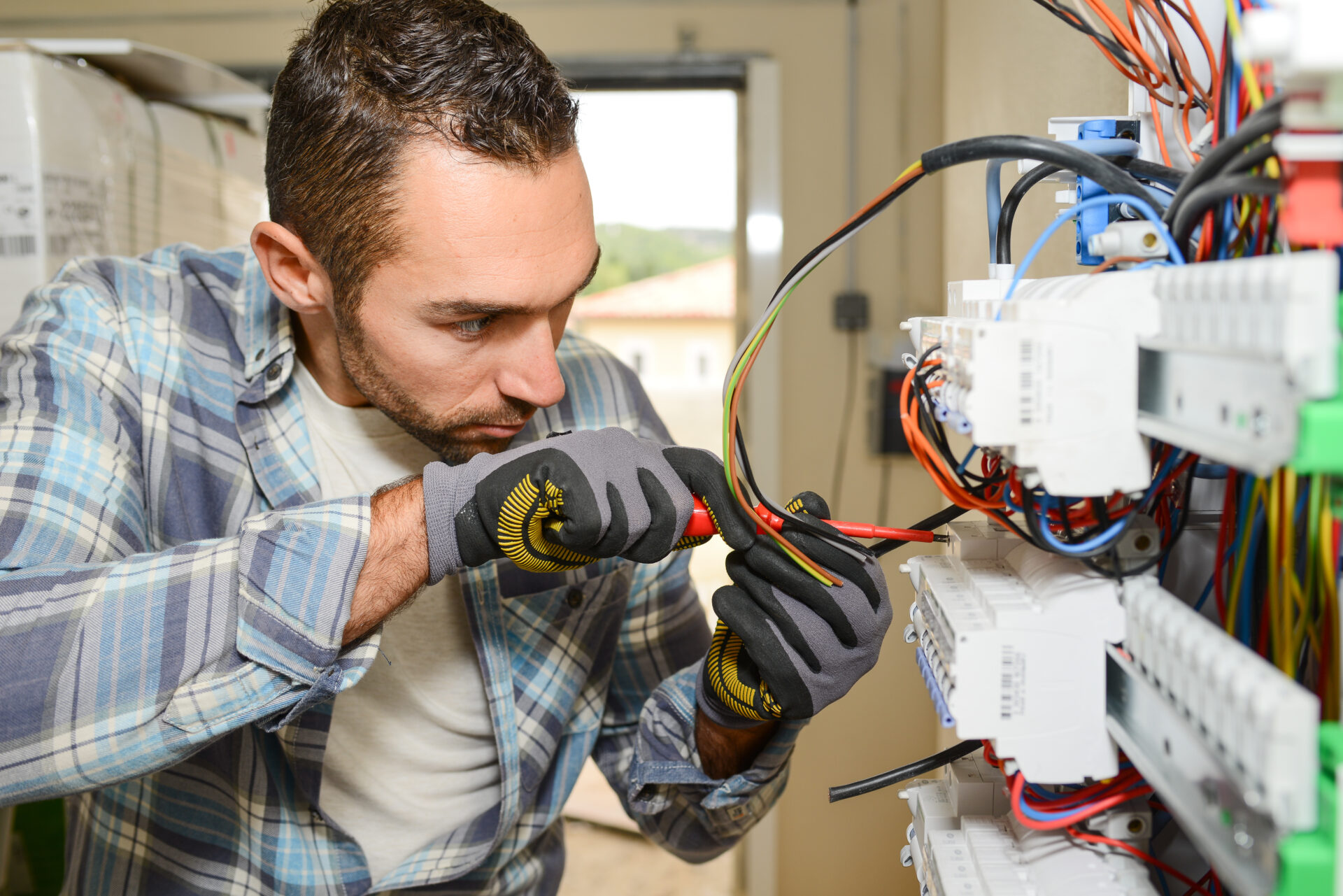
Electrical contractors offer vital support across diverse industries, ranging from aiding municipal authorities in restoring power lines to contributing to the installation and development of residential electrical setups. Their specific job roles are diverse, depending on their chosen field or industry. They could be involved in tasks like maintaining high-voltage distribution lines for government facilities or wiring electrical systems for residential and commercial purposes. Over their career, they have the flexibility to work for various entities or offer freelance services to individual clients.
If you’re contemplating a career as a licensed electrical contractor, gaining insight into the necessary skills and training is crucial to assess whether it aligns with your aspirations.
Here are a few steps you need to take in order to become an electrical contractor:
- Earn a High School Diploma
- Complete Training
- Gain Field Experience
- Obtain Your Certification
- Establish Your Career Path
- Leverage Industry Platforms

Step 1: Earn a High School Diploma
Obtaining a high school diploma or its GED equivalent opens doors to vocational programs and advanced education, paving the way for future job prospects. If you’re currently in high school, prioritize math and science courses to acquire valuable knowledge and skills relevant to an electrical contractor career.
For adults without a high school diploma, exploring online diploma programs or GED exams is a viable route to secure the credentials needed to embark on a career as an electrical contractor.
Step 2: Complete Training
Completing your training as an electrical contractor presents two primary paths: vocational training and apprenticeships. Each route offers distinct educational experiences.
Vocational training imparts both practical and theoretical knowledge of electrical work. It combines hands-on experience with classroom learning, fostering a comprehensive understanding of the profession and enhancing problem-solving skills.
Apprenticeships enable individuals to directly work alongside licensed electrical contractors, gaining immersive, hands-on experience. They offer the opportunity to start earning a salary and working as a contractor more quickly.
Step 3: Gain Field Experience
Accumulating pertinent experience is pivotal for relevant skill development and enhancing your resume’s appeal to potential employers. Consider pursuing an entry-level position like an electrician’s assistant as a way to get your foot in the door and apply your knowledge gained from previous education and training.
These roles involve tasks like equipment maintenance and excavation but offer valuable hands-on experience and a solid foundation for your journey toward becoming an electrical contractor.
Step 4: Obtain Your Certification
Prior to transitioning from apprenticeships or vocational programs, electrical contractors must obtain certification or licensing as mandated by their respective state. Each state has specific criteria for certification, which may encompass minimum educational hours, practical work experience, and assessment of reading and mathematical skills.
Some may even necessitate proficiency in the National Electrical Code through an additional examination. Aspiring licensed electrical contractors should thoroughly research their state’s unique certification prerequisites for full compliance.
Additionally, continuing education and keeping up with the latest training and certificates are important for remaining up-to-date and competitive in the field of electrical contracting.
Step 5: Establish Your Career Path
Electrical contractors have the flexibility to explore diverse industry sectors tailored to their interests. Once certification is attained, opportunities open up in various areas, including residential and commercial construction, government facilities, and contracting companies.
Alternatively, you can embark on entrepreneurship and establish your own contracting venture, serving both individual clients and corporate entities seeking electrical expertise. For those uncertain about their preferred sector, experimenting with different roles and positions can help identify the most captivating career path.
Step 6: Leverage Industry Platforms
Staying informed about the latest industry trends, regulations, and technologies is essential for delivering high-quality services and solutions. Having familiarity with key industry platforms, like RazorSync’s comprehensive field service platform, can significantly contribute to achieving this goal. RazorSync offers a range of invaluable features designed to streamline various aspects of electrical contracting businesses, from managing schedules and dispatching work orders to automated invoicing.
Platforms like RazorSync can provide electrical contractors with a competitive edge, enabling them to navigate the complexities of the modern industry while delivering exceptional services that exceed client expectations.
Key Takeaways
Electrical contractors are versatile professionals who provide essential services across various industries, from infrastructure restoration to residential installations. To become a licensed electrical contractor, the journey involves obtaining a high school diploma or GED, choosing between vocational training or apprenticeships for education, gaining practical field experience through entry-level positions, and gaining your state-required certificate.
Once certified, you can explore diverse career paths, including residential and commercial construction or entrepreneurship, giving you the flexibility to find your niche in the dynamic field of electrical contracting. From there, it’s important to stay on top of industry trends and find ways, like a field service platform, to help streamline your business and give you a competitive edge in the industry.
About RazorSync
RazorSync’s field software is a versatile solution designed to streamline operations in various industries, including electrical contracting. It empowers businesses to efficiently manage customers and field workers, seamlessly schedule and dispatch workers, generate invoices, and more, all accessible from the convenience of a smartphone, tablet, or desktop computer. This comprehensive tool optimizes workflow, enhances customer service, and simplifies administrative tasks for businesses in the electrical contracting sector and beyond.
Ready to streamline your electrical contracting business? Try RazorSync’s field software today and take control of customer management, scheduling, invoicing, and more – all from your smartphone, tablet, or computer. Contact RazorSync for details, book a demo, or try it free for 14 days.
